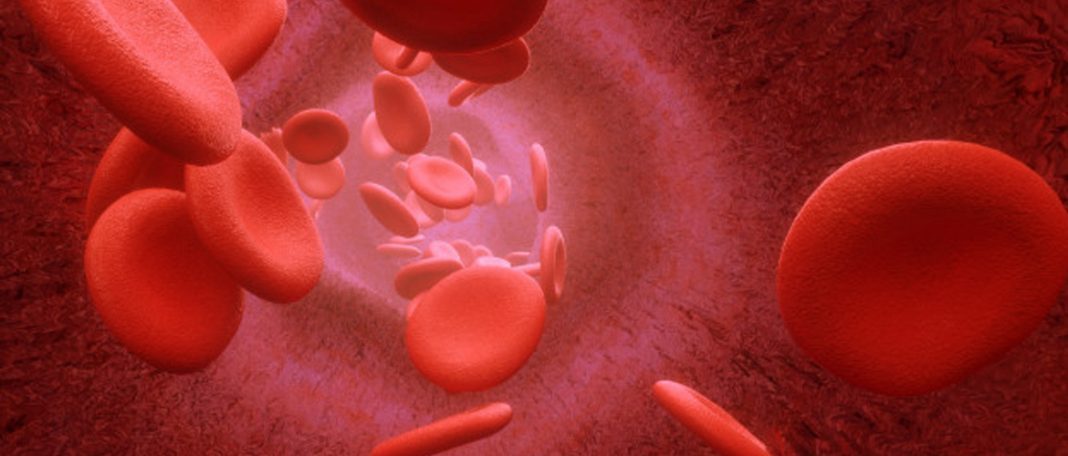Malaria vaccines we currently use are far from perfect and researchers knew that we can do better to prevent malaria. Malaria still remains a major global health problem to all and it causes an estimated 435,000 deaths per year, with 61 percent affecting the children under five years of age.
Plasmodium falciparum is a unicellular protozoan parasite responsible for the deadliest form of malaria and is particularly prevalent in Africa, accounting for 99.7 percent of African malaria cases and 93 percent of global malaria deaths in 2017. The parasite is transmitted through the bite of a female Anopheles mosquito makes the disease’s most dangerous.
In the year 2017, a rare blood type variant found in parts of East Africa helps in preventing malaria. Researchers discovered that it provides some degree of protection against severe malaria.
Geneticist Silvia Kariuki of the KEMRI-Wellcome Trust Research Programme in Kenya says that “The Dantu variant actually slightly increases the tension of the red blood cell surface.”
“It’s like the parasite still has the key to the lock, but the door is too heavy for it to open,” the researcher added.
To create a far more effective vaccine against the deadly parasite, we should figure out how the Dantu gene impacts membrane tension. If it’s found, we can shut down the virus with this new vaccine.
“The red cell membrane only needs to be slightly more tense than usual to block malaria parasites from entering,” says biophysicist Viola Introini from the University of Cambridge.
She also added that “Developing a drug that emulates this increased tension could be a simple but effective way to treat or prevent malaria.”


















